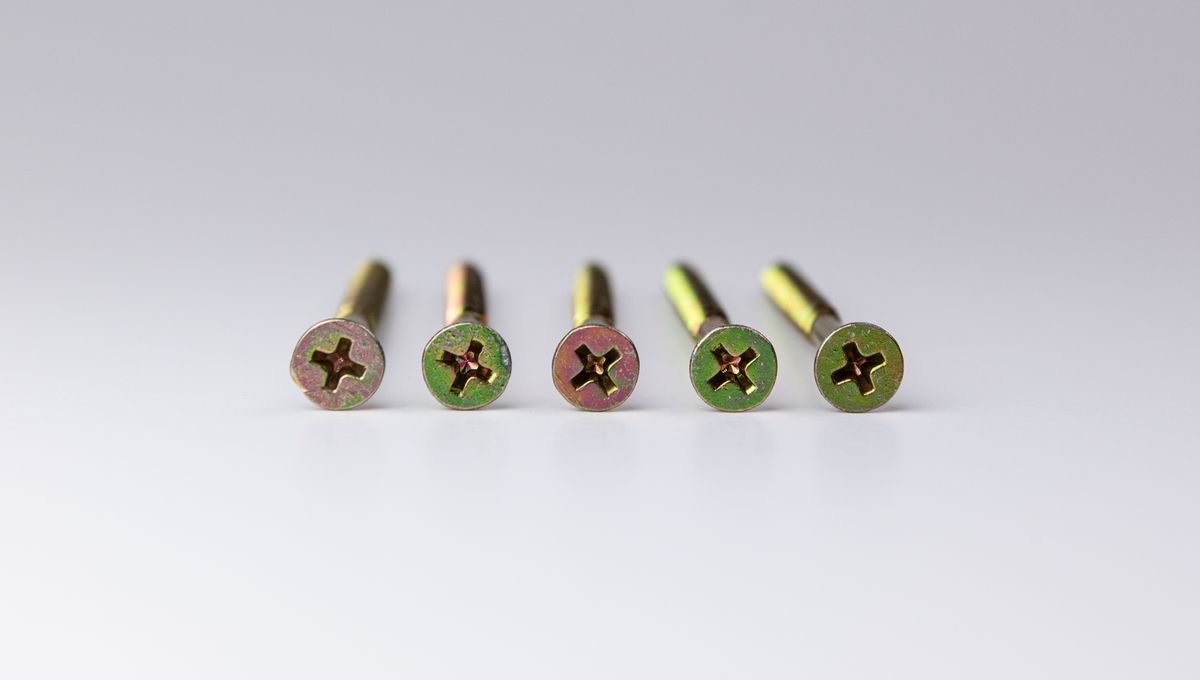
If you’ve ever done any kind of DIY – literally, any kind at all, from car maintenance to building a desk to changing the batteries in your vintage GameBoy – you’re probably familiar with the crosshead screw. It is, in various forms, one of the most popular types of threaded fastener in the world – and the form you probably know best is the good old Phillips head.
Or at least, you probably think it is. In fact, the patent for the original Phillips head screw ran out long ago – so unless you’re using some truly vintage hardware, your collection is now a generic model. Which raises a question: why do we call them Phillips head screws in any case?
The obvious answer is “well, it must have been named after the guy who invented it, right?” It’s a smart suggestion, but it’s wrong: what we know as the Phillips head design was actually invented – and patented, mind you – by some guy named John P Thompson in 1932.
So who the heck was Phillips? Well, it turns out that great inventors aren’t always great salespeople – just ask Johann Philipp Reis, the guy who basically invented the telephone more than a decade before Bell or Gray filed their patents, but just kinda… decided not to market it. Thompson had more of an entrepreneurial spirit than Reis, but apparently no more skill, and within a few years he abandoned the idea of selling his invention to the big manufacturers.
Enter one Henry Frank Phillips – a businessman from Portland, Oregon, who figured hey, if no other manufacturers are going to snap this up, then I’ll just do it myself. He bought the patent from Thompson in 1935 and refined it a little, making the recess in the center a little shallower – better for mass manufacture, which was why so many companies had turned Thompson down, and for turning the screw by hand.
After patenting the new and slightly improved design for himself, Phillips then formed the Phillips Screw Company, and the rest is history. The crosshead screw took off like a rocket in the age of automated manufacturing – its whole schtick is that it’s self-centering, and that’s a massive benefit when using tools or robots rather than a hand and screwdriver.
Still, while the Phillips screw may have had the advantage back in the ‘30s, these days it’s just one of many crossheaded options out there – and, some may say, not the best of the bunch.
“Some countries saw the ‘speed over accuracy’ American production style as crude,” notes one 2021 article from Hagerty. “The Japanese Industrial Standard (or JIS) […] looks very similar to a Phillips, with the exception of a single, tiny dot. JIS fasteners may look a lot like a Phillips-head, but the tool engagement is far superior – if you are using the correct tool.”
Similarly, in Canada, you’re probably using a Robertson-style screw – a lot squarer than a Phillips, though still technically a crosshead; in Europe, you may be using a Pozidriv. Since that patent ran out, the options are far-ranging.
And yet, thanks to one guy being in the right place at the right time – and having a hell of a head for marketing – let’s face it: they’ll probably all just get called Phillips heads.
Source Link: Why Are They Called "Phillips Head" Screws Anyway?